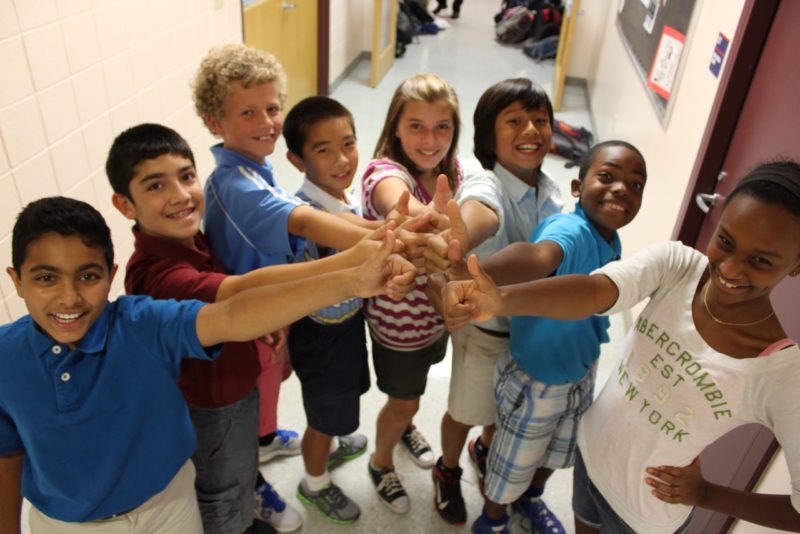I think that the current curriculum for social studies in schools in Brooklyn should cover more diverse topics because the learning experience is not inclusive.
The small spectrum of education can make children feel left out because their ethnicity's history in America is not being talked about and the teachers never give the full story. Also, learning about more diverse topics can help us to learn from our mistakes and to not let history repeat itself again.
There have been multiple times here in this country when the government and the people were being inhumane and cruel towards whole ethnic groups, but no one ever says anything about it. For example, in the 1940s, the American government forced Japanese-Americans into concentration camps. I was never taught about this in school and only found out this year. Such extreme events happen to a large percentage of people in our country. But they still go unnoticed by schools and become unconsciously buried in the minds of everyone because of the lack of attention that they receive.
If schools do teach certain parts of American history, they tend to leave out pieces of information and not give the whole story. For instance, when learning about black history, why do we only ever learn about two people: Frederick Douglass and Harriet Tubman? I'm sure that there were more than two people who helped slaves to become free. There were also abolitionists revealing horrors of slavery to outsiders and working to convince people that slavery was bad. This can also set unrealistic standards that we have to meet. People may feel pressured to do something very impactful and dramatic for the world because they don't know that small acts help a lot also.
My 68-year-old grandmother, Diane Hopkins, (who was 13 at the time of Martin Luther King Jr.'s "I Have a Dream" speech) has personally experienced dark times in America when hate and ignorance ruled the country. She said that, "Knowing more about bad stuff that people went through will make you appreciate simple things and your basic rights even more." She also shared with me that blacks couldn't go inside of a restaurant, sit down, and eat a simple meal in peace.
"And that's why I get so excited every time we go out to eat," my grandmother revealed to me.
Although these horrible events happened over 55 years ago, it still affects her today, even while doing something as simple as eating in a restaurant. If we learn about things that we do everyday and realize that people were not allowed to do them in the past, we will be more thoughtful and careful with trying our best to protect our rights and to not take anything for granted. Learning about the past can make children learn morals and how to do better for the future. This is very important if we want the youth to be successful and to live in a world of peace without prejudice.
While it may be a great idea for schools to expand their curriculum in social studies, doing so may be harder than it seems. The majority of children in Brooklyn attend public schools and the necessary learning objectives are regulated by the New York City Department of Education. Everything has to go through a tedious process in order for anything to change.
With hard work and determination, it may be possible to broaden the things we learn, but for now, all that we can do is research and ask our parents (and their parents) to teach us the untold truths of history.




